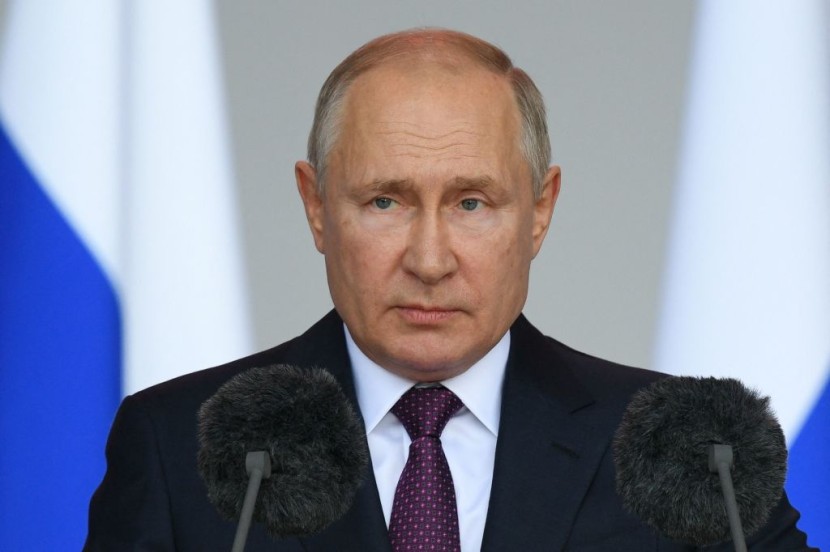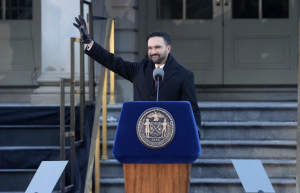
As COVID-19 cases and deaths mount, Russian President Vladimir Putin has ordered a one-week paid shutdown for Russian employees.
The nation recorded 1,028 fatalities and 34,073 new cases in a record-breaking week on October 20. Only around 47.5 million Russians, or about a third of the country's population, have been fully vaccinated.
Hospitals in Russia are overwhelmed with the surge of COVID-19 cases
Putin approved a week of paid "non-working days" from October 30 to November 7, with the possibility of extending the dates in places where they are needed since the epidemiological situation is evolving differently in each region.
Per Reuters, Minister of Health Mikhail Murashko stated that the healthcare system was under severe strain. According to Murashko, over 650,000 medical personnel across Russia were involved in treating COVID-19 patients on Wednesday, according to the Interfax news agency.
The Russian government started a revaccination program in July, making it one of the first countries to do so, although Putin has yet to receive a booster shot. Since the outbreak of the pandemic, 226,353 individuals have died in Russia.
Earlier this week, Moscow's mayor ordered all unvaccinated citizens above the age of 60, as well as those unvaccinated and "suffering from chronic diseases," to remain at home until February 2022, as per Business Insider.
"Russian hospitals are overwhelmed," Russian epidemiologist Vasily Vlassov told CNN. While Russia has four vaccination choices to guard against serious disease and death, the country is battling to overcome mistrust and persuade individuals to take the vaccine.
According to studies, the flagship Russian Sputnik V vaccines are as effective as those manufactured by Pfizer and Moderna. Russian officials have previously been accused of underreporting coronavirus deaths, according to CNN.
Russia's method of counting deaths excludes a portion of the deaths from official data, claiming that individuals died "with COVID-19" but not "of COVID-19," which is in violation of WHO standards.
Russia has poor vaccination program
Officials from the government have begun to speak publicly about the severity of the problem. The burden on medical institutions is seriously increasing, Prime Minister Mikhail Mishustin said at a COVID-19 task force meeting on Tuesday, while the governor of the Oryol region, Andrey Klychkov, recently revealed that the region does not have the capacity to hospitalize any more coronavirus patients.
A poor vaccination program has severely hindered Russia's efforts to decrease transmission. In a nation where four home vaccines are available, only around 30% of the population is completely vaccinated.
According to several polls, Russia has a high incidence of vaccination skepticism. According to a May Ipsos poll, Russia and the United States had the lowest vaccination intent among unvaccinated persons in 15 nations. In addition, a poll released in September by the Levada-Center revealed that 52 percent of Russians are not ready for the vaccine.
When the country set a new COVID-19 mortality record on Tuesday, the Kremlin acknowledged sharing some of the blame for the low vaccination rates. "Of course, not all that needed to be done for educating and explaining the necessity and importance of vaccination was done," Dmitry Peskov, a spokesman for President Vladimir Putin, told journalists.
"But at the same time, citizens of our country need to take a more responsible position and get vaccinated," he said. Depending on the severity of local COVID-19 situations, many areas continue to impose local restrictions. However, the administration has constantly stated that there is no need to declare a full lockdown.
Related Article: Russia, WHO Differ on When Sputnik V Will Receive Approval; COVID-19 Vaccine Demonstrates 70% Efficacy Against Delta Variant
@YouTube
© 2026 HNGN, All rights reserved. Do not reproduce without permission.








